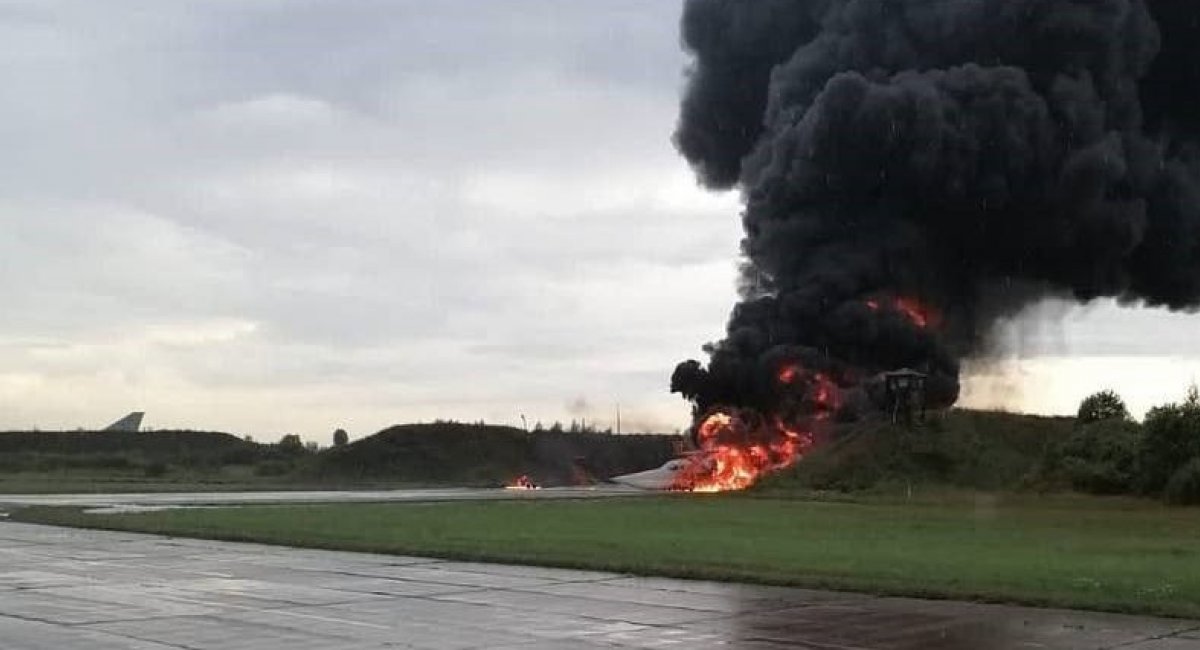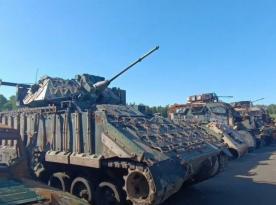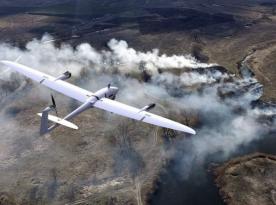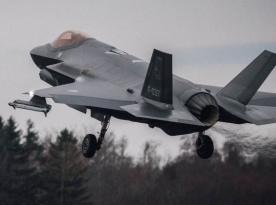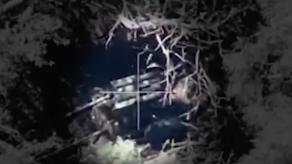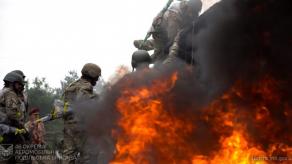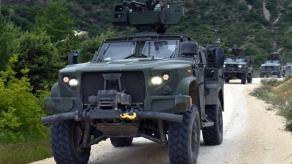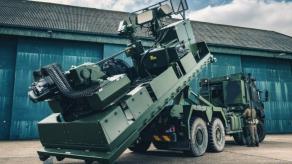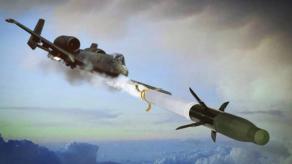Soon after the russians lost one of its Tu-22M3 strategic bombers for good at the deep-rear Soltsy air base in Novgorod Region, 660 km from Ukraine's border, they started asking questions, how could it have happened.
According to the ministry of defense of the russian federation, a copter-type drone was used for this attack, which means it must have been launched from nearby the airfield. The logic implies that such an attack, like any other kind of sabotage, should be prevented by an appointed security battalion, responsible for patrolling and saboteur hunting.
Read more: The Aftermath of Attack on Soltsy Air Base Housing Kh-22 and Kh-32 Equipped Bombers Appeared on the Network
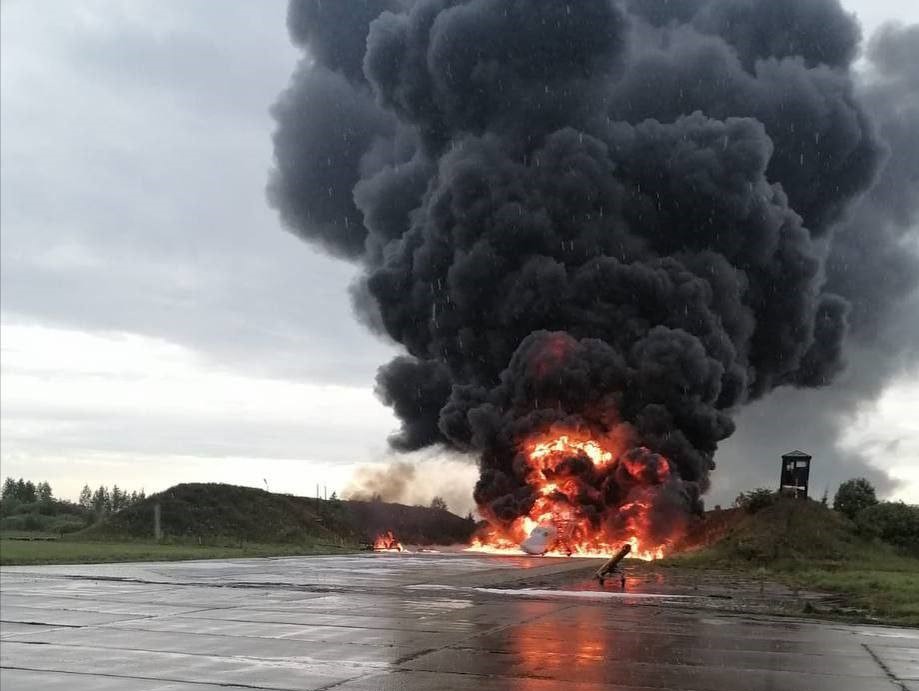
However, now all those guards were sent to the frontlines, as russian military aviation blogger Fighterbomber stated on his media. If true, it means the russian army lacked manpower to the point it decided to pull even the reserves intended to guard the aircraft destined to potentially fight NATO in the future.
Instead, the security responsibilities fell on the shoulders of technical personnel. As a result, wide possibilities opened up before sabotage operations teams. This could also explain the unique situation when a Tu-22M3 is destroyed by an unknown "quadcopter."
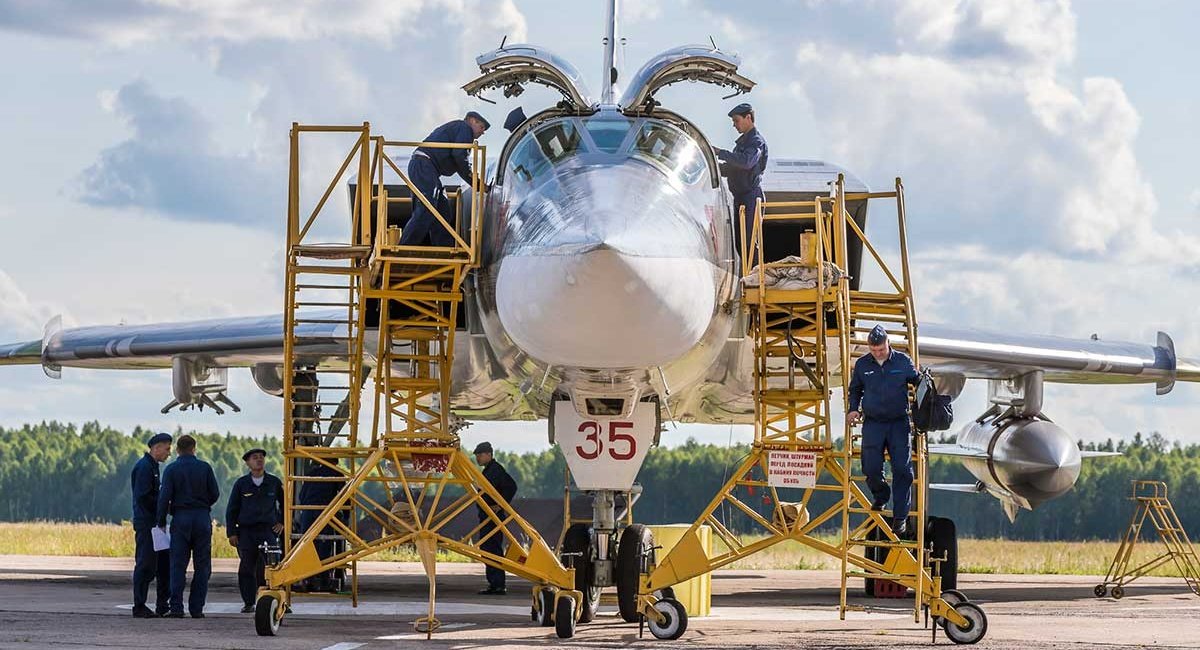
Each loss of a strategic bomber is an irreversible loss to russia, and cannot be solved with money because this aircraft is no longer in production and has no alternative.
All that the russian military industry can offer is a "paper plane" called PAK DA which only exists as a draft in the documentation despite the fact it's been in development since 2009.
At the same time, the "reproduction" program aimed to start anew the production of Tu-160 bombers from leftover airframes from the USSR era is only at its outset, and it will bring at most one strategic bomber every few years once the project enters production stage.
Read more: The Ukrainian Forces Spectacularly Wiped Out russian Armored Column (Video)




